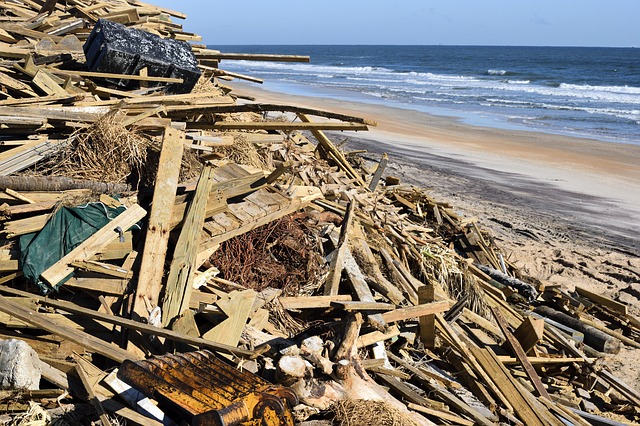Natural disasters lead to a spike in US immigration

In the wake of hurricanes like Irma and Harvey, networks of immigrants living in the US are able to help ease the way for new migrants, making the most of US immigration policies that facilitate family reunification and allow US citizens and permanent residents to obtain green cards for relatives, according to University of Michigan economists Dean Yang and Parag Mahajan.
Hurricane-driven migration to the US is particularly pronounced from Central America and the Caribbean. The region is frequently hit by hurricanes that cause severe damage and there are many migrants from the region already in the US. When Hurricane Cesar hit Nicaragua in 1996 it resulted in food shortages, US$50.5 million in damages, and left 100,000 people homeless and 42 dead. The number of US green card holders from the country increased by 50% in 1996 and 1997, compared to the previous year. Many of these new immigrants were the parents, spouses, and children of US citizens.
Yang and Mahajan feel that policymakers can benefit from understanding how immigration responds to major events in other countries. Their research has revealed a select group of people who can seek safe haven in the US in the wake of disasters in their home countries. Others without such connections are not so lucky, and must find other means of coping in the aftermath.
This is an increasingly important consideration as scientists predict an increase in the severity of natural disasters as a result of climate change.
Linguère Mously Mbaye has investigated climate change, natural disasters, and migration for IZA World of Labor. She believes that “disaster management requires a holistic approach, where migration and remittances, which are private mechanisms, should be considered along with public intervention. In addition to helping households build resilience by, for example, investing in infrastructure in vulnerable areas, providing social protection, and allocating aid rapidly and efficiently, better world governance is needed to reduce the human impact on climate change.”
Contact a topic spokesperson
Read more articles on how migration policy affects the labor market